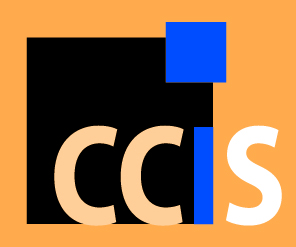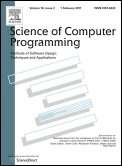
Aims and Scope
There is an increasing demand for using formal methods to validate and verify safety-critical systems in fields such as power generation and distribution, avionics, automotive systems, and medical systems. In particular, newer standards, such as DO-178C (avionics), ISO 26262 (automotive systems), IEC 62304 (medical devices), and CENELEC EN 50128 (railway systems), emphasize the need for formal methods and model-based development, thereby speeding up the adaptation of such methods in industry.
The aim of this workshop is to bring together researchers and engineers who are interested in the application of formal and semi-formal methods to improve the quality of safety-critical computer systems. FTSCS strives to promote research and development of formal methods and tools for industrial applications, and is particularly interested in industrial applications of formal methods. Specific topics include, but are not limited to:
- case studies and experience reports on the use of formal methods for analyzing safety-critical systems, including avionics, automotive, medical, and other kinds of safety-critical and QoS-critical systems
- methods, techniques and tools to support automated analysis, certification, debugging, etc., of complex safety/QoS-critical systems
- analysis methods that address the limitations of formal methods in industry (usability, scalability, etc.)
- formal analysis support for modeling languages used in industry, such as AADL, Ptolemy, SysML, SCADE, Modelica, etc.
- code generation from validated models.
The workshop will provide a platform for discussions and the exchange of innovative ideas, so submissions on work in progress are encouraged.
Submission
We solicit submissions reporting on:
- A - original research contributions (16 pages max, LNCS format);
- B - applications and experiences (16 pages max, LNCS format);
- C - surveys, comparisons, and state-of-the-art reports (16 pages max, LNCS format);
- D - tool papers (6 pages max, LNCS format);
- E - position papers and work in progress (6 pages max, LNCS format)
related to the topics mentioned above.
All submissions must be original, unpublished, and not submitted concurrently for publication elsewhere. The final version of the paper must be prepared in LaTeX, adhering to the LNCS format.
Paper submission will be done electronically via Easychair at https://easychair.org/conferences/?conf=ftscs2019
Publication
All accepted papers will appear in the pre-proceedings of FTSCS 2018. Accepted papers in the categories A-D above will appear in the post-proceedings of the workshop that will be published as a volume in Springer's Communications in Computer and Information Science (CCIS) series.
A special issue of the Science of Computer Programming journal will be devoted to extended versions of selected papers from FTSCS 2019. (pending approval)


